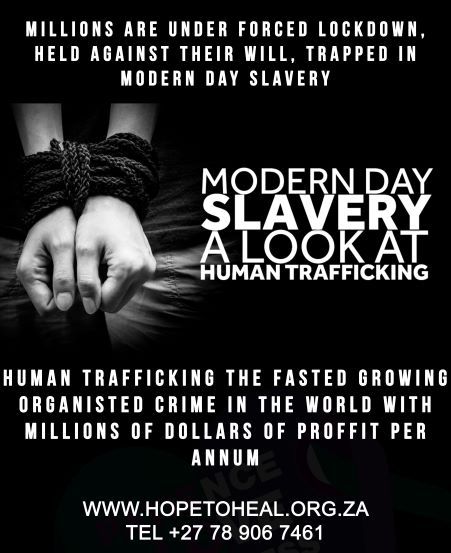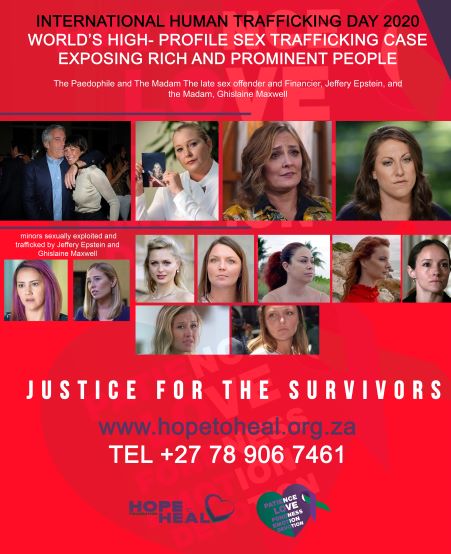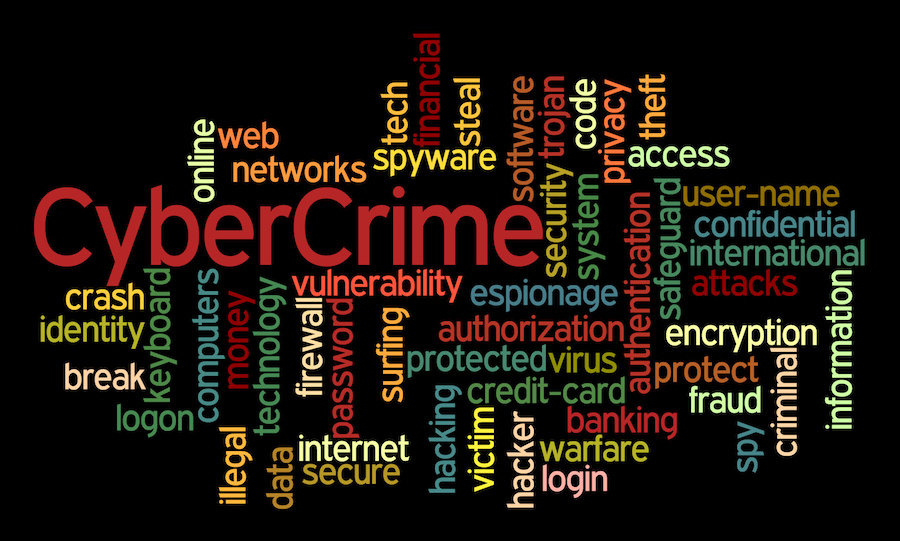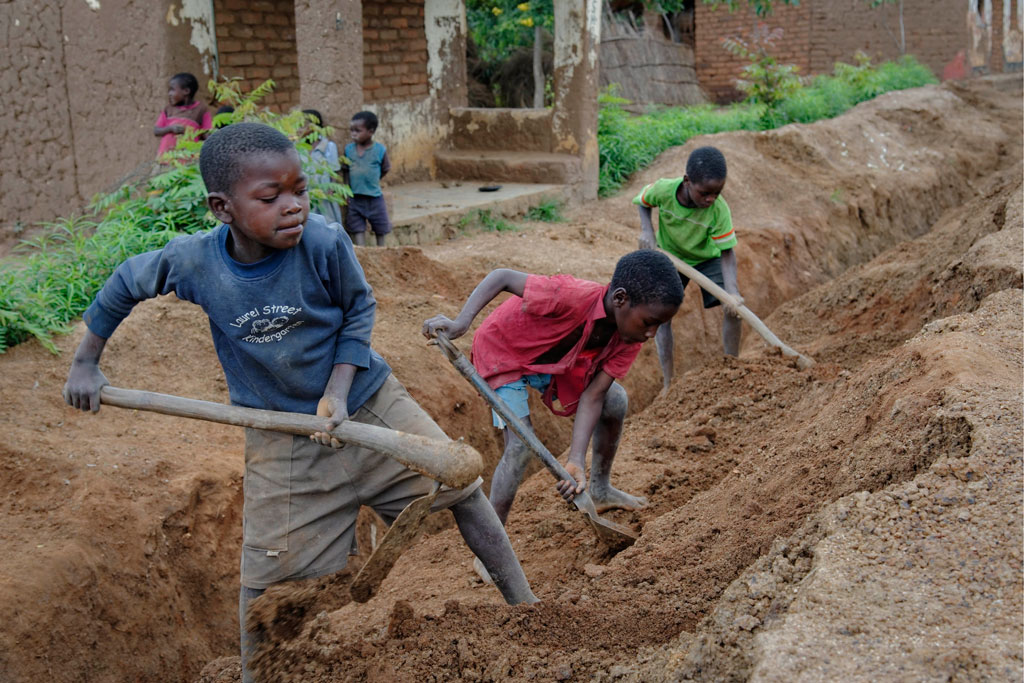Human Trafficking, News
International Human Trafficking Day 2020
By Seema Naidoo

To mark World Day Against Trafficking in Persons on 30 July, Hope to Heal Foundation invited a few Civil Society Workers, from the Gauteng Province to be interviewed outside the Sandton Police Station (Salvation Army, Love Justice, ACT Africa). Due to social distancing, we are unable to have mass gathering thus we limited the number of people for the event.
We are all born free and equal, regardless of race, religion language, origin, or other status.
Early this year, the world was under lockdown with restrictions on limited movement, however there are millions of people globally who are under forced lockdown, held against their will in Modern Day Slavery. We want to be the voice for the millions who are currently trapped in modern day slavery, robed of the basic human rights, to be free.
Hope to Heal Foundation want to stand in support of the world’s most high-profile sex trafficking operation, of the late Jeffery Epstein and Ghislaine Maxwell. Ghislaine Maxwell, arrested and currently in prison awaiting trial. Maxwell played a key role to groom and recruit minor girls. There is a lot of fear of her safety because she holds a lot of information on many prominent men who was part of the sex trafficking operation. She is given paper clothing and her linen taken away because of fear that she might hang herself
We stand in support, together with the world, awaiting justice for the hundreds of survivors. The question is, will Maxwell break the silence to a plea bargain, and expose the many prominent men who were involved in the rape of these then minor girls?

How do we examine human trafficking through the lens of human rights?
Trafficking in persons is a serious crime and a grave violation of human rights. Every year, thousands of men, women, and children fall into the hands of traffickers, in their own countries and abroad.
Various human rights violations occur at different stages of the trafficking cycle, including unassailable rights such as:
the right to life, liberty, and security.
the right to freedom of movement.
and the right not to be subjected to torture and/or cruel, inhuman, degrading treatment or punishment

Cyber trafficking increase during the COVID-19 pandemic

Due to restriction of movement, CYBERCRIMES will increase resulting in human lives being at risk. Hackers are taking advantage of the current uncertainty to send out more phishing messages than usual. Security experts are becoming increasingly concerned about cybercrimes because of people working from home. Working remotely requires increase use of electronics thus places people at risk of cybercrimes. Criminals are starting to exploit people through online platforms. Almost every child from the ages of 10 or younger has a smart phone and are in danger of falling victim to cyber-crimes.
Increase of Child Labour during COVID-19

The United nations warn that due to global recession, millions of children globally are at risk of being exploited into child labour, especially children from vulnerable communities. This could lead to the first rise in child labour in 20 years according to a new brief from the International Labour Organisation (ILO) and United Nations Children Fund (UNICEF).
The United Nations declared 2021 the International year for the Elimination of Child labour, an effort to eradicate this form of abuse and exploitation. Worldwide, and estimated 152 million children are in child labour, almost half of them, 73 million work in hazardous child labour.
COVID-19, many children are out of school and economic pressure on families continue to grow due to job losses. This could push millions more children into child labour thus a great concern. Children who are already working are in immediate danger of being exposed to the coronavirus, thus creating a higher health risk.

